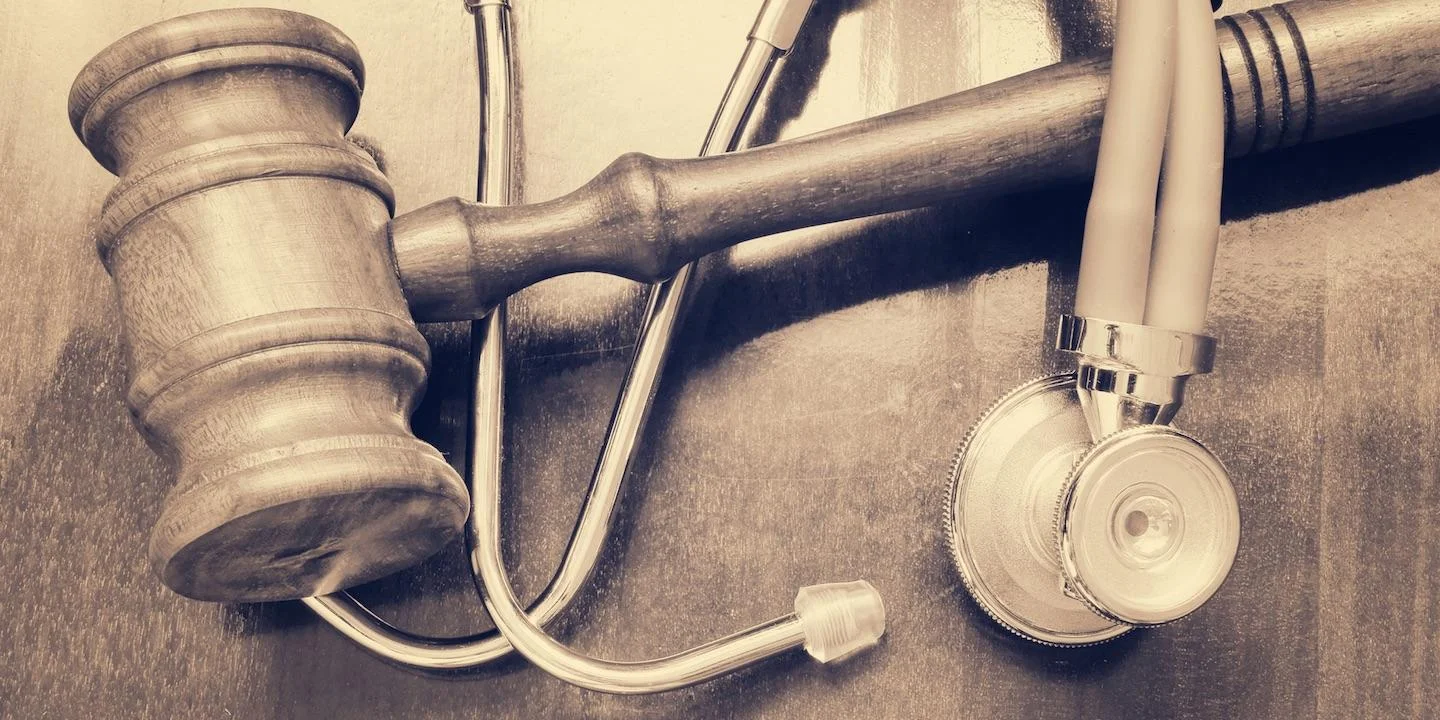HARRISBURG – Fearing the outcome of continued excessive litigation against Pennsylvania nursing home facilities, House Representative Warren Kampf (R) has sponsored HB1037 with hopes of protecting those who care for the state’s elderly population. The bill, introduced for the 2017 session, was referred to the House Judiciary Committee in March.
Essentially working to amend a 2002 state policy known as the Medical Care Availability and Reduction of Error (Mcare) Act, Kampf and the bill’s 26 other sponsors hope to limit the amount of punitive damages one may seek against a nursing facility. In Kampf’s March 6 memorandum, he states that purpose of HB1037 is “to provide further lawsuit-abuse reform for our long-term care facilities throughout the Commonwealth.”
HB1037’s sponsors hope to extend the limit on amount of damages one may seek against a health care provider to the state’s nursing, assisted living, and home care facilities. The move would be beneficial in protecting such facilities against heavy litigation that outweighs the mounted damages, Kampf says.
In his memorandum, Kampf continues by stating that his goal is to “reduce frivolous litigation and shift resources back to patient care where they should be spent.”
W. Russell McDaid, CEO of the Pennsylvania Healthcare Association (PHCA), is in support of the measure.
“This legislation does not limit compensatory damages for individuals who may have been harmed, which can be significant and includes compensation for pain and suffering in Pennsylvania, which is often a significant award for the individual,” McDaid said in an email to the Pennsylvania Record.
“Nor does it change the definition of punitive care in the MCARE law in effect for physicians since 2002.
“Punitive damage reform is crucial for Pennsylvania’s long-term care providers in order to continue to provide quality care to our most vulnerable citizens. Excessive litigation and damage awards result in higher costs to Pennsylvania’s taxpayers and people residing in long-term care settings. These excessive awards also lead to decreased availability of quality care.”
Kampf was unable to be reached for comment.
